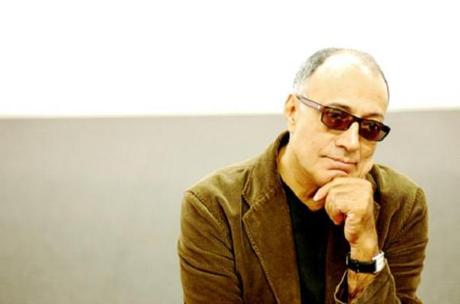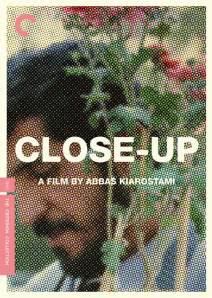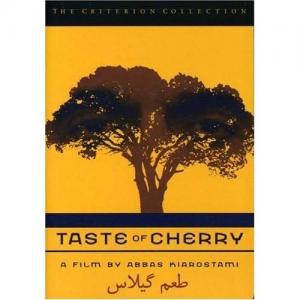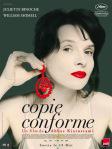Welcome to Profile, the weekly series which examines one key filmmaker whose contributions to cinema are important and valuable. This week, we are looking at the Iranian filmmaker Abbas Kiarostami.

Abbas Kiarostami, born in 1940 in Tehran, is one of the key figures in the sudden surge of Iranian cinema in recent years. After starting out as a painter and graphic designer, he took a serious interest in various forms of art, eventually settling on cinema as his preference. His own son a well-known filmmaker, Kiarostami has since become an influence on those close to him and those far, his films famous across the world.

In 1990, with Close Up, Kiarostami really began to shine through. Based on a true story and recreated with some of the same people involved in the scandal from which it was based, it is the story of a fraudster who pretends to be a famous filmmaker in order to scam a family. Treading the line between documentary and narrative, Close Up is one of Kiarostami’s most talked about films. Life, and Nothing More in 1991 looks at the aftermath of a disastrous earthquake that killed tens of thousands, and Through the Olive Trees, called by Kiarostami fanatic Jonathan Rosenbaum “an excellent introduction to the director’s work” is also filled with the flowering characteristics of his unique cinema.

Taste of Cherry was followed by The Wind Will Carry Us, which highlighted the breathtaking beauty he was capable of, and matched it with familiarity and even comic-relief in a few delightful running gags. This film was followed, in 2002, by Ten, which examined the various conversations that take place within an Iranian taxicab. This was followed by the intriguing and award-winning Tickets, and 2008’s Shirin.

So, what do you think of Kiarostami? Which of his films have you seen? Is he your cup of tea, or does he frustrate you? Leave a comment below.
Read more Profile posts by clicking here.
Advertisement
